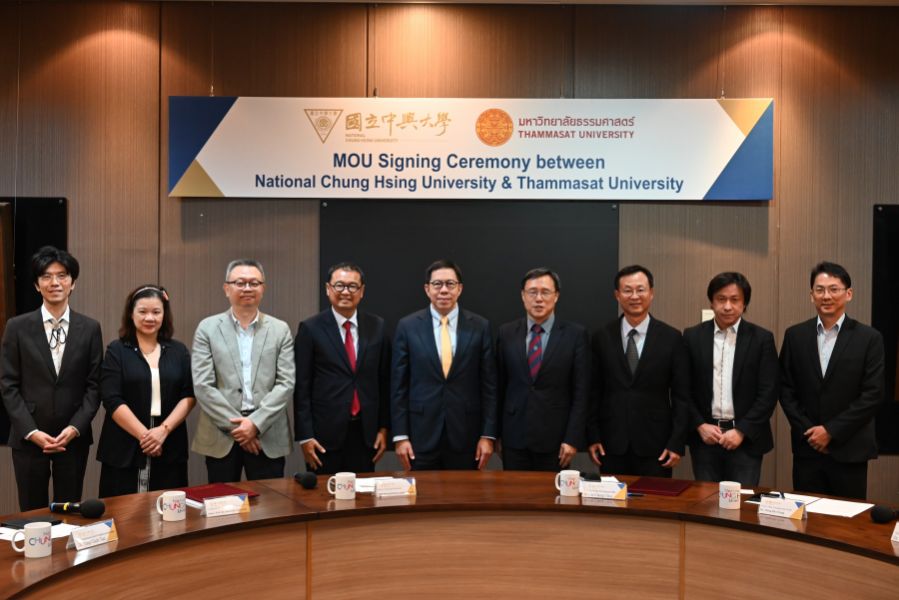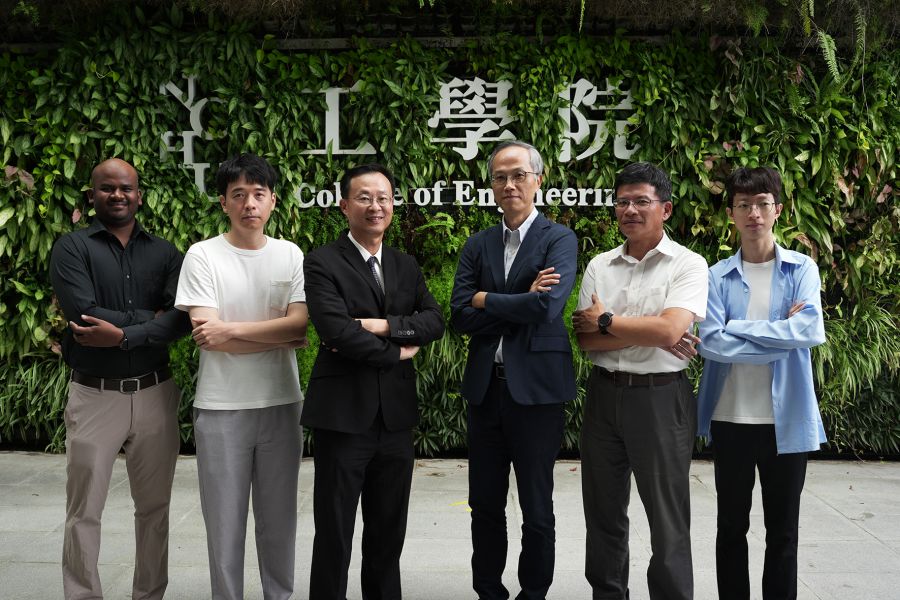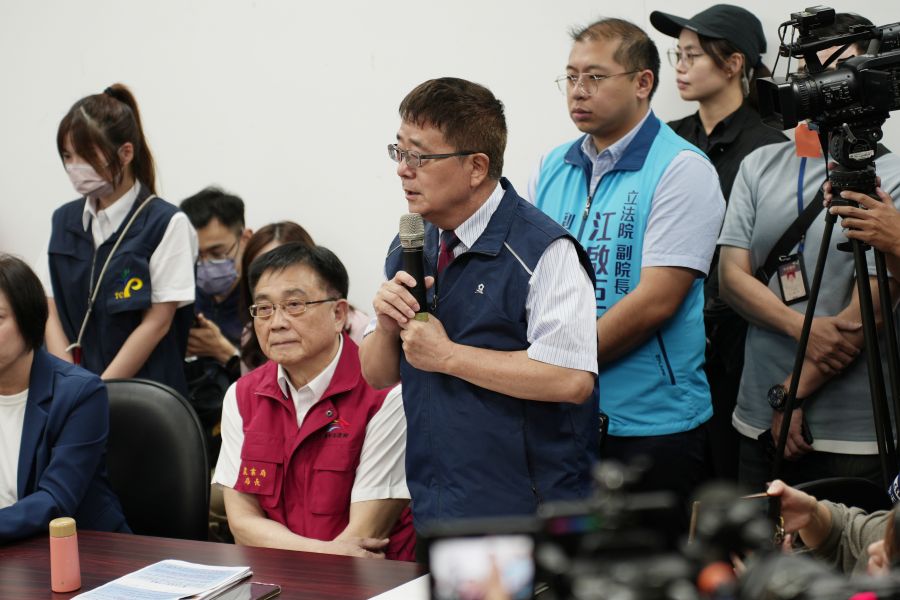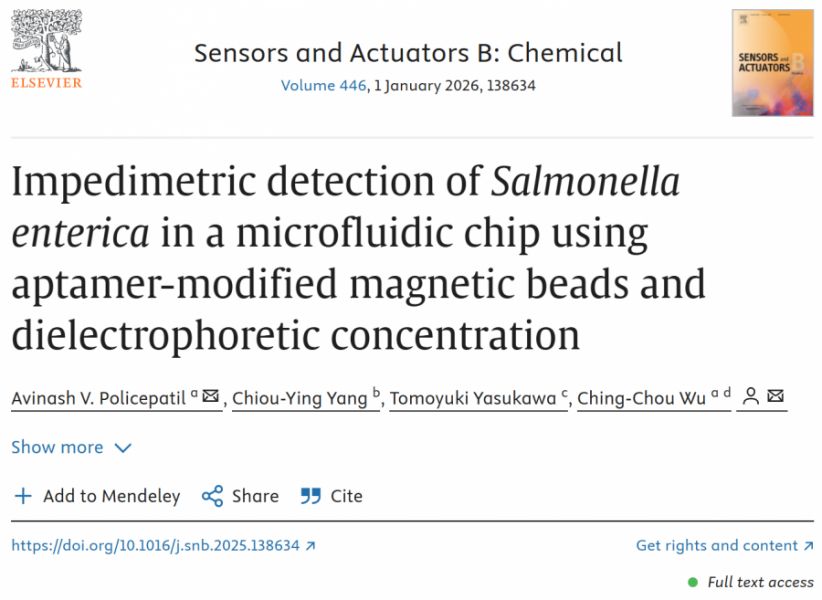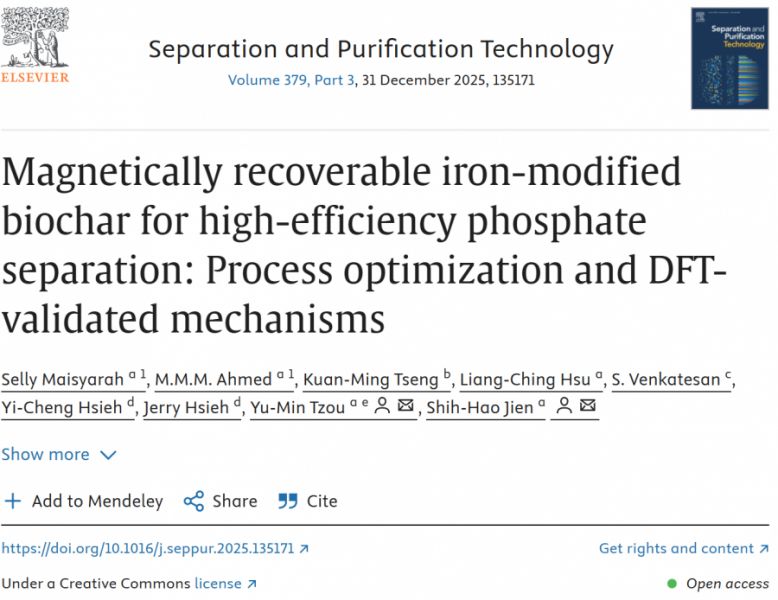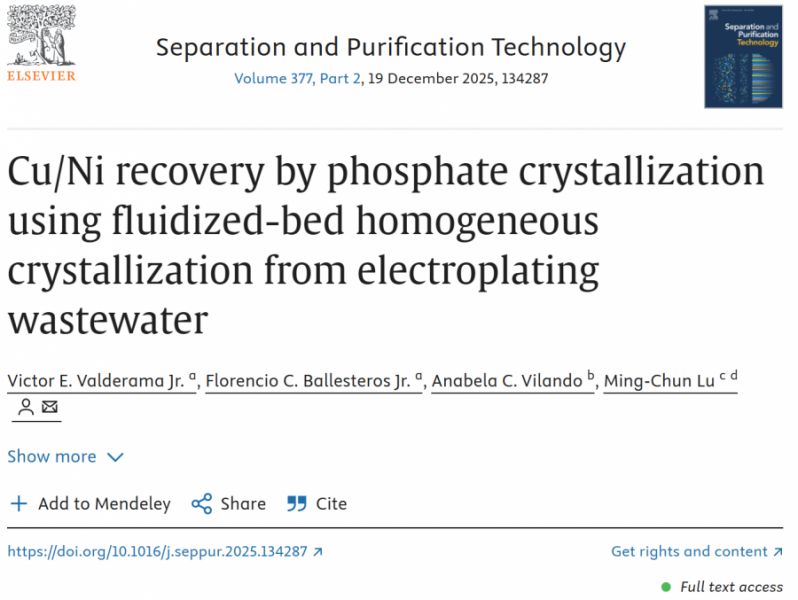Tentative Book Title: Moving toward a NetZero Carbon Society: Challenges and Opportunities
Prospective Publisher: Springer Nature (Open Access Book Publishing)
Publication project jointly operated by:
- International Relation Research Center, School of Law, National University of Kaohsiung
- Innovation and Development Center of Sustainable Agriculture, National Chung Hsing University
- Ocean Policy Research Institute, The Sasakawa Peace Foundation
Overview:
The extreme flooding and drought problems, crop yield problems, and habitat changes brought about by climate change have seriously threatened the ecosystem and human survival, forcing people to rethink environmental management policies and limits on economic development. In the post-COVID-10 era, it is indispensable to adopt a more proactive climate change responsive policy and establish international cooperation to save the earth.
2021 is a critical year, and the leaders of major industrial countries at the recently concluded G7 meeting jointly stated the common objective seeking the establishment of a carbon-neutral international community by mid-century. Major carbon-emitting countries or entities such as the European Union, the US, Japan, Korea, China, and India proposed specific timetables for achieving net-zero carbon emissions or carbon neutrality before or at the COP26. Policy-makers around the world should work closely with scientists, experts and enterprises to seek appropriate policy instruments such as the development of a carbon tax, carbon pricing, carbon sinks, global or regional carbon emission trade schemes, energy transitions, and other carbon-neutral policies moving towards a Net-zero emission society by mid-century.
At a time when carbon pricing policies are being formulated, climate change related laws and policies will reshape global governance and the industrial layout during the period of 2021-2030, and it is critical to move toward energy and industrial transformation, ecological conservation and sustainable agricultural development. This book will explore various issues concerning Net-zero emission achievements, ranging from carbon pricing, carbon trade schemes, energy transition, ecological conservation and carbon sinks, to the economic and social impacts of introducing carbon neutral policies in the Asia-Pacific region.
Paper topics of interest include, but are not limited to:
- Climate change management and policy; Law of the Sea, Air and Outer Space
- SDG13-Climate change; SDG14-Life below water; SDG15-Life on land
- Clean and renewable energy transition
- Implementation of effective and integrated carbon absorption
- Comparative case studies and methodologies for carbon netzero implementation and governance
- Legal frameworks and innovative instruments for a carbon netzero society – including national and regional proposals – as well as public private partnerships
- Sustainable development and legal and institutional approaches to the management of carbon and related industries, including fisheries, aquaculture, forestries, etc.
Authors should submit their full paper in English to managing editor – Dr. Michael C. Huang (michael-huang@spf.or.jp) by 15 January 2022. The deadline is not extendable. The length of the full paper should be 4,000 – 8,000 words, including the title, name of author(s), affiliation(s), research background, motivation, methodology, and policy implications. Tables, figures, and field work photos are allowed with the pre-acquisition of the copyrights by the author(s); please indicate the number of such in the summary. Successful applicants will be notified by 15 February 2022.
- The submission should adhere to the following structure:
- Paper title
- Author info (including co-authors): name, affiliation, address, and e-mail
- Abstract (150-250 words)
- Keywords or keyword phrases (4-8)
- Introduction
- Main text (split into various sections with headings and subheadings)
- Conclusion and policy recommendations
- References (Harvard style)
- 100-word short-bio for each author
- Summary of words / tables / figures / photos
Contacts
Inquiries should be directed to Michael C. Huang (michael-huang@spf.or.jp)
Project Organizing Committee
Hsing-Hao Wu, Ph.D.,
Professor, Department of Economic and Financial Law
Director, International Relation Research Center,
Dean, Office of International Affairs
National University of Kaohsiung, Taiwan
Wan-Yu Liu, Ph.D.,
Distinguished Professor, Department of Forestry,
College of Agriculture and Natural Resources,
National Chung Hsing University, Taiwan.
Michael C. Huang, Ph.D.,
Research Fellow, Ocean Policy Research Institute,
The Sasakawa Peace Foundation, Japan
Editorial Board (Alphabetical order)
Rima Prama Artha, Ph.D.,
Chief Economist / Head, Danareksa Research Institute, Indonesia
(Former UNDP Economist for Blue Economy)
I-Ching Chen, Ph.D.,
Specially Appointed Assistant Professor,
Tohoku Forum for Creativity, Tohoku University, Japan
Heungsuk Choi, Ph.D.
Professor, Department of Public Administration
Director, Institute of Governance Design, Korea University, Republic of Korea
Alin Halimatussadiah, Ph.D.,
Assistant Professor, Faculty of Economics and Business,
Universitas Indonesia, Indonesia
Pasha L. Hsieh, Ph.D.,
Professor and Director, School of Law,
Singapore Management University, Singapore
Michael C. Huang, Ph.D.,
Research Fellow, Ocean Policy Research Institute,
The Sasakawa Peace Foundation, Japan
Wan-Yu Liu, Ph.D.,
Distinguished Professor, Department of Forestry,
College of Agriculture and Natural Resources, National Chung Hsing University, Taiwan
Shih-Yu Simon Wang, Ph.D.,
Professor, Climate Dynamics, Utah State University, USA
Hsing-Hao Wu, Ph.D.,
Professor, Department of Economic and Financial Law
Director, International Relation Research Center,
Dean, Office of International Affairs, National University of Kaohsiung, Taiwan


